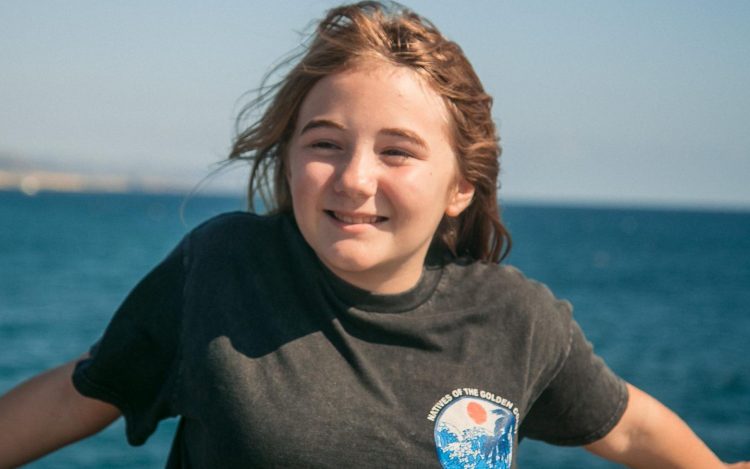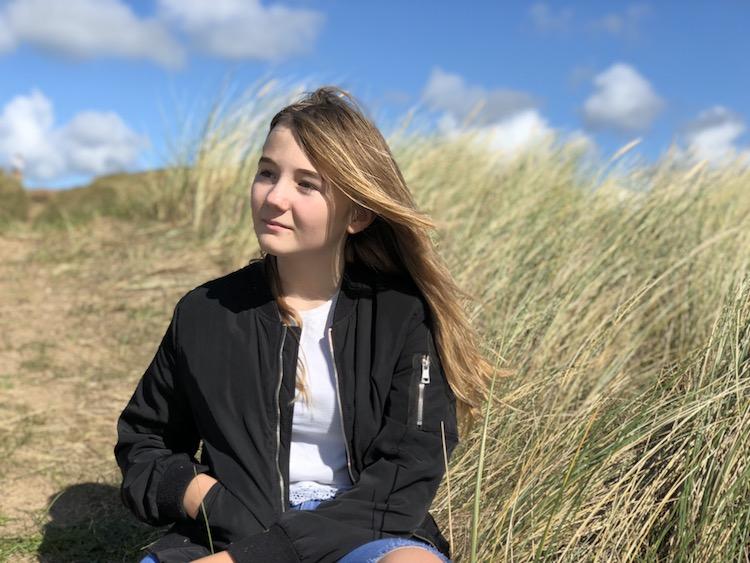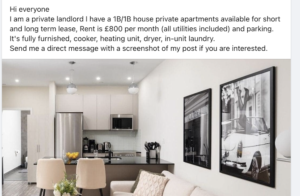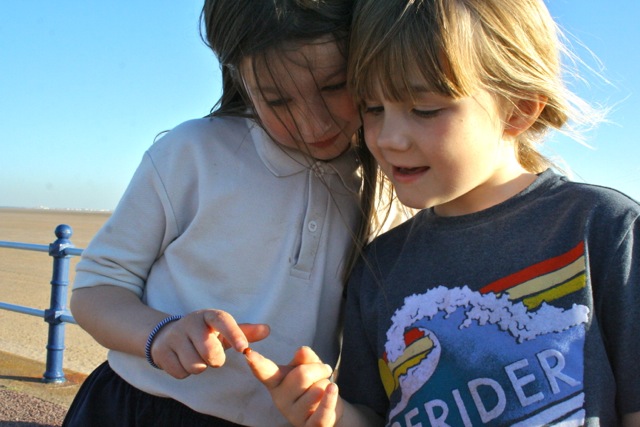
Friendships – and particularly teen girl friendships – are complicated and hard and oh so easy to get wrong.
And some of those issues are things we’re still dealing with as grown adults.
Flea is now in her third year of senior school. Generally, she’s a girl who gets along with everyone, and is pretty well liked.
When she moved schools last term, she returned to her previous school, meaning she knows most of the girls to some degree.
She’s not made really close friends yet, but Flea’s always been the sort of person who takes these things slowly. I’m happy that she has friends, and all the girls I’ve met seem to be decent, funny kids who I like talking to.
Still, this is definitely not primary school.
There’s always drama.
Someone’s not talking to so-and-so because they’re “speaking” (teen lingo for the texting that goes on before you actually go out with someone) to the boy they used to like.
Someone else is upset because they were best friends with X and X is now best friends with Y.
Basically, someone always feels offended. Someone always feels left out. Someone else is in a row. Oh, and at least one person seems unhappy for a non-specific reason.
It’s a minefield, I tell you!
And because these are teens, friendships are important.
And their sensitive little feelings are easily bruised by not being included in this outing or that club or conversation.
As a parent, it’s not easy to listen to. Part of me is all, “BUT MY CHILD IS AMAZING AND I DEMAND THAT YOU ALL LOVE HER, AND ARE NICE TO HER ALWAYS AND INCLUDE HER IN EVERYTHING.”
Then there’s the rational part of me that knows I’m no match for teen social dynamics and I should steer clear, and let Flea develop some coping skills. Besides which, I’m old and know nothing, while her friends are awesome and know everything. *cough*
That said, I do offer Flea some tips on handling friendships and here they are:
We’re All “That Girl” Sometimes
One of the things I regularly tell Flea is that at some point, everyone will be “that” girl.
You’re all hormonal and under incredible pressure at school. Everyone will eventually say or do something bitchy, or thoughtless or hurtful.
If you’ve had a bad day and hurt someone’s feelings, you need to own that. Apologise like a decent person, and move on.
Similarly, if someone else has had a bad day, try and see it as a bad day, not a bad person. Be gracious, and don’t make a big thing of it.
This also applies to grown-ups, by the way. I regularly tell people who are snappy with me that it’s okay, we’re all allowed a bad day once in a while. I think that’s a good lesson to learn as a teen.
Be Direct
Lots of women are ninja level experts at passive aggression. Or they’re the sort of people who are upset, but will withdraw into themselves and wait to be noticed, and cajoled out of it.
At 13, there’s an epidemic of Not Talking To.
One day everything’s fine, the next day Girl X is giving Girl Y the silent treatment. Or worse, the frosty treatment. You know where they’re technically talking to you, but everything they say has an undercurrent of I HATE YOU MORE THAN RAINY MONDAY MORNINGS.
In this scenario, my advice to Flea is always to be direct. “I’m so sorry if I’ve said or done something to upset you. Would you like to talk about it?”
What the other person chooses to do with that is up to them. It’s a situation I’ve experienced as an adult and my policy is that I will always apologise and offer to make amends. If they don’t accept that, it means one of two things.
First possibility: they just flat-out don’t like me. That’s fine – not everyone likes everyone.
Second possibility: they’re someone who plays games. I was married to someone who was amazing at letting me know I’d offended him in some way, but would never tell me what I’d done. He wouldn’t ever admit he was upset. It was all in my imagination. Then there would be days of frosty conversation until I was “forgiven”.
Yeah. I divorced him. And if other women play those games, I drop them like a hot potato (and then I obsess about it for a month or two, because I am human, not a robot).


Help a Girl Out
One of the things we talk about a lot is the notion of not being a bystander.
Flea will often observe that Girl A seems unhappy or Girl B has been dropped by her BFF and seems to be left out.
In that instance, I’m trying to encourage her to be the friend she’d like to have. Was it Ghandi who said, be the change you wish to see in the world?
So I encourage her to ask that girl if she’s okay. To invite her to lunch, or to sit with them at break. Even to start a random conversation asking their advice about this or that.
I remind Flea that not taking a side doesn’t mean being unkind to people who haven’t done anything to you. And let’s be honest, that’s a lesson some of us are still learning, especially on social media. Speaking of which…
Don’t Gossip on Social Media
The big difference I see between girls of Flea’s age now, and when I was 13 is social media.
Snapchat is their preferred platform, no doubt because it’s so ridiculously complicated to most people over 25.
But I remind Flea that anything you post online can be screenshot, screen recorded, photographed – and shared.
So whatever you do, don’t get sucked into talking about ANYONE on social media. Don’t post photos without other people’s permission. Don’t share anything potentially embarrassing (that’s my job). Just be sensible, basically.
Rather than saying, “Don’t post anything you wouldn’t want Grandma to see” I tend to say, “Don’t post anything you wouldn’t want to be read out in class.”
Because that’s the more scary option to your average 13 year old.
Ultimately, all I can hope is that Flea comes through this phase with solid friendships, and an understanding of what it is to be a good friend. But if you have any tips for helping me through this turbulent time, I’d love to hear them!







Some great advice in here Sally. I have always talked to my two about making sure that if anyone is left out, they include them. My six year old has always understood and gets it. My four year old is an absolute madam and I think she’s more likely to be the problem than the solution in most circumstances. I have some work to do before she gets to the teenage years. I like the solution about being direct too, really helpful for girls to grow up knowing that this is the way to behave rather than sending more people out into the big wide world equipped with nothing but passive aggression to get on in life.
Nat.x
I have no tips, as Flea is 2 years older than Bunny, so I look to your blog for advice and tips on what’s still to come in the world of parenting daughters. But I love your notion about how someone having a bad day doesn’t mean they are a bad person. If everyone thought this way I might have a few less haters myself!
I’m having a slightly different friendship problem with my 11yr old. She has a new friend who seems to be bombarding her with peer pressure. She’s trying to pressure her into kissing her boyfriend before she’s ready, and other similar things. Some of her friends are really sweary too, which makes me feel uncomfortable. But apart from talking to Bunny about it regularly, what can I do really?
I hope Flea manages to cope with all the drama okay, she seems like an awesome kid so I’m sure she will come out the other side with some solid friendships x
this was honestly such a wonderful read, it hasn’t been that long since i was in high school really and i wish like anything that some of the girls in my class had advice like this given to them so i didn’t spend quite as much time alone! i do not envy teenage girls in the slightest, friendship is an absolute minefield at that age, it really is quite difficult to navigate. amazing advice you’ve given to your daughter, and hopefully lots of readers here xxx
I didn’t see you’d posted this today. Funny how we were chatting about it. I think this is fantastic advice and I will DEFINITELY be talking to Isis about some of these tips. The read out in class thing is golden.
The line “yeah, I divorced him.” Made me laugh out loud. Lots of wisdom here. None to offer, it’s a minefield.
I’m bookmarking this one for later. Thanks.
I think that this has been going on for centuries, and will never end. All we can do is keep giving our kids this kind of advice. It’s just so tricky for them, and everyone is nasty at some point, without being a bad person. I’ve encouraged the direct thing too, but sometimes it’s just down to that individual needing a bit of time to get it out of their system.
Thanks for this Sally. My girls are now 11 and just started secondary, so I’m just starting to experience all this.
There was none of this drama with JJ!
Mich X
Total minefield. My middle daughter is 17 and I still get all the drama around who has fallen out with who, why so-and-so wasn’t invited to the part (sorry, gathering) and whilst I find it baffling, I am so pleased that she involves me in it. I rarely give her advice (sometimes I can’t help myself) cos mostly she just wants me to listen. My eldest daughter doesn’t involve me in any of it and I actually find that quite sad because she’s had many issues over the years but tried to deal with them internally and that’s enough to ruin anyone! I think it’s great that she’s airing her issues with you. Good luck!